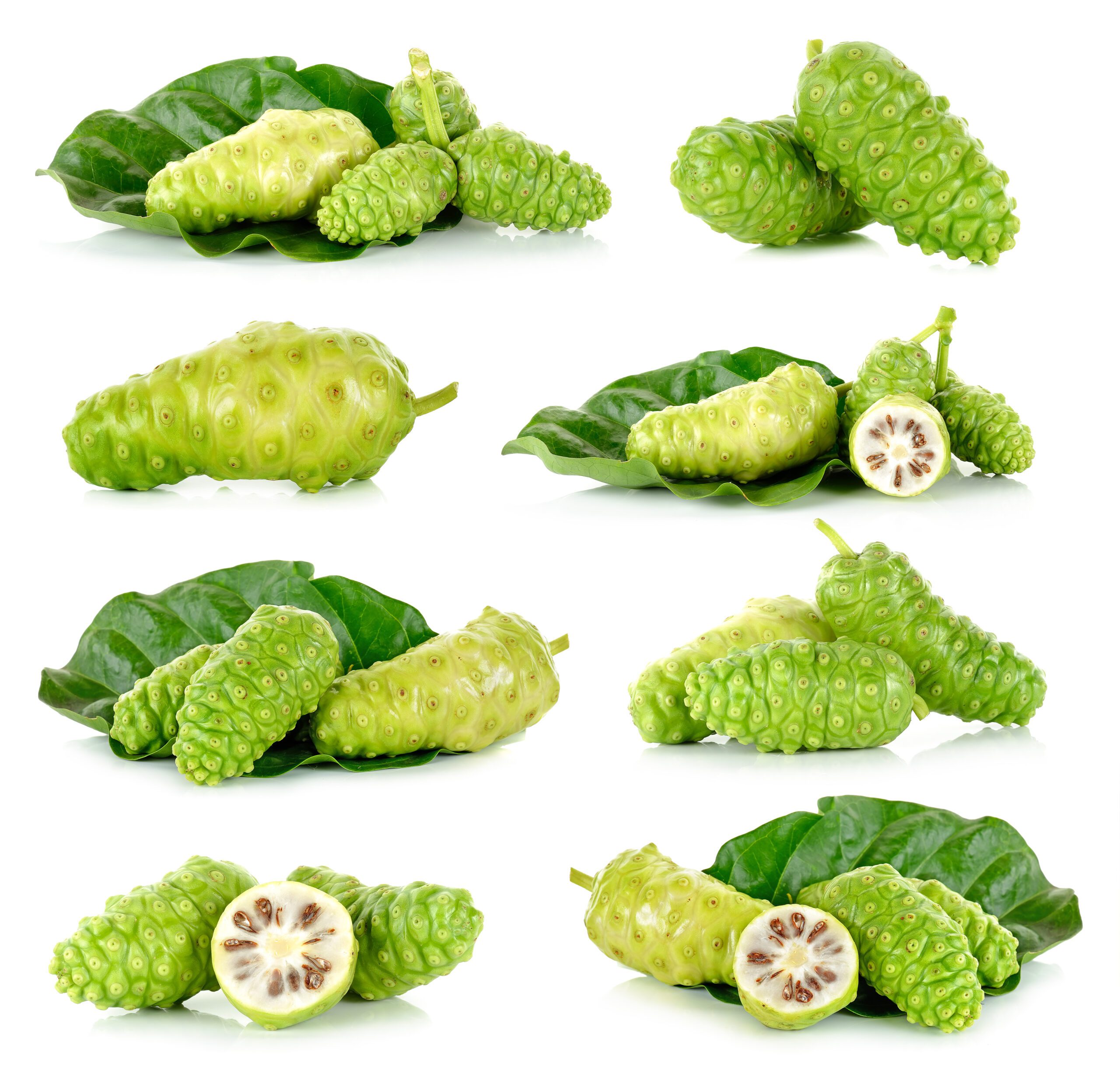
Morinda Citrifolia: Better Than Magic Fairy Dust?
You’ve probably heard of the popular Noni Juice… it went through a big boom a few years ago, due to its proposed myriad of health benefits. But what exactly is in this “miracle juice” to make it so beneficial? Certainly not magic fairy dust! No… actually something much better: an ingredient called Morinda Citrifolia.
What is Morinda Citrifolia?
Morinda Citrifolia is actually a tree that’s part of the coffee family. It is native to parts of Southeast Asia and Australia, although it is now grown all over the world. Also known as Noni, It has been used by healers for centuries to treat a variety of health conditions and concerns, and is gaining popularity in modern medicine for its potential health benefits.
What Are Some of the Benefits?
More and more research is being conducted to determine the positive benefits of Morinda Citrifolia on health.
Cancer: One such study looked at the benefit of Morinda Citrifolia on cancer cells – particularly colon cancer cells. The results showed that exposure to chemicals present in Morinda Citrifolia actually slowed cancer cell proliferation. These chemical extracts were also shown to slow the proliferation of cancerous lung cells as well.
Diabetes: Another study looked at Morinda Citrifolia’s effect on blood sugar – especially in regards to diabetes. Rats that were intentionally given diabetes saw reduced blood sugar levels after being fed fermented Noni juice for three weeks.
Digestive Issues: It appears Morinda Citrifolia has positive effects when it comes to stomach ulcers, which is becoming a hugely expensive medical concern for many people. In one study, rats that suffered from digestive ulcers were given Noni as a treatment and the results showed that Noni extracts suppressed ulcer development, reduced ulcer size and increased ulcer healing. Researchers believe this is due to Morinda Citrifolia’s ability to reduce and prevent inflammation and ward off oxidative damage.
Anti-Aging: Speaking of inflammation and oxidation… many researchers believe that Morinda Citrifolia has significant anti-aging properties. This is mostly due to the fact that it contains an important age-retarding enzyme called Proxeronine – and lots of it. In fact, Morinda Citrifolia may contain as much as 40 times more Proxeronine than any other food in the world. Your body makes Proxeronine naturally; but as you age, those levels diminish. Some studies suggest that by adding Morinda Citrifolia to your daily regimen, you may very well be able to up your levels and thus fight off some of the most dangerous symptoms of aging.
Where Can I Get Morinda Citrifolia?
Ahhh… here we are, full circle: Noni juice! Yes, you can get some Morinda Citrifolia via the popular drink. But you may also get it via other nutritional supplements, including pills and capsules. It’s easy enough to find… simply do a search of “Noni” on the internet and you’ll be rewarded with pages and pages of options. Just make sure you’re getting a good concentration of Morinda Citrifolia with the product you choose. And as always, it might be a good idea to discuss adding Noni to your regimen with your doctor or other healthcare provider.
As always, your thoughts and comments are welcome below!

A new study suggests that a widely used sugar substitute found in diet sodas, chewing gum, and low-sugar yogurt may elevate insulin levels. This could increase the long-term risk of heart disease. “Artificial sweeteners have infiltrated nearly all types of food, making it crucial to understand their long-term health effects,” said Yihai Cao, senior author […]

Diet Coke has long been a fan-favorite among soda lovers who want a fizzy, guilt-free alternative to traditional soft drinks. While its zero-calorie, zero-sugar label makes it seem like a healthier option, the reality is far more concerning. Despite its undeniable popularity, Diet Coke’s nutritional profile has raised red flags among health experts for years. […]

New study shows that embracing an anti-inflammatory, plant-forward diet can support cognitive function and help reduce the risk of dementia. What You Eat Shapes Your Brain The food you eat doesn’t just impact your body—it also affects your brain. Research suggests that eating an anti-inflammatory, plant-based diet can help improve memory, focus, and overall brain […]